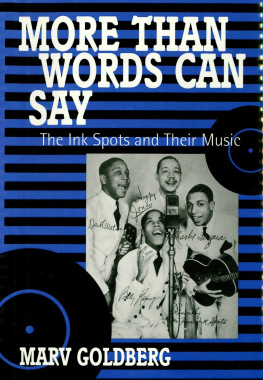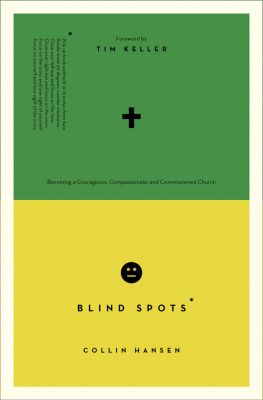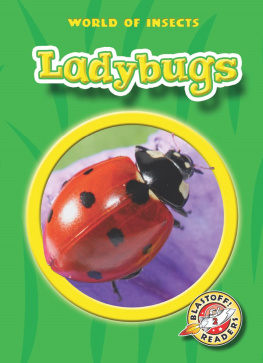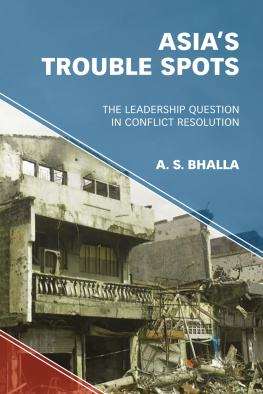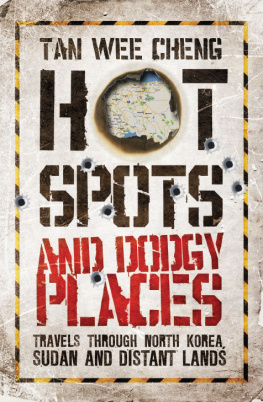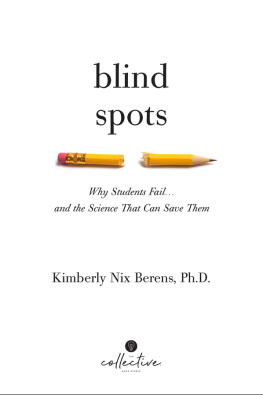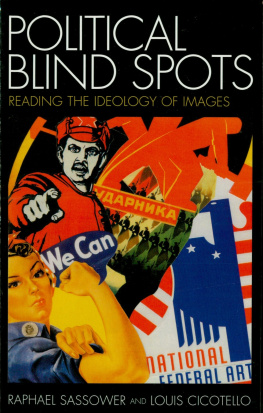Published by the University of Pittsburgh Press, Pittsburgh, Pa., 15260
Copyright 2015, University of Pittsburgh Press
All rights reserved
Manufactured in the United States of America
Printed on acid-free paper
10 9 8 7 6 5 4 3 2 1
ISBN 10: 0-8229-4440-5
ISBN 13: 978-0-8229-4440-9
Cataloging-in-Publication data is available from the Library of Congress.
Originally published in Polish as Biae plamyCzarne plamy: Sprawy trudne w relacjach polsko-rosyjskich (19182008)
2010 Polski Instytut Spraw Midzynarodowych and Autorzy, Warsaw
Originally published in Russian as Belye piatnachernye piatna: Slozhnye voprosy v rosskiisko-polskikh otnosheniyakh
2010 Aspekt Press, Moscow
ISBN 13: 978-0-8229-8095-7 (electronic)
PREFACE
We offer our American readers a unique volume. It is the result of the collaboration of thirty-one Polish and Russian scholarshistorians, political scientists, and economists. The work came into being at the initiative of the Polish-Russian Group for Difficult Matters, which was revived in 2008 by a decision of the governments of Poland and Russia (an earlier group had previously suspended its activity). In essence, the book is an attempt to present relations between Poland and Russia over the last ninety years, with particular reference to the most complex and controversial issues. A distinctive feature of the methodology incorporated herein consists in presenting the same problems from the viewpoints of the Polish and Russian researchers. The authors did not seek to uncover new, unknown facts and documents pertaining to the latest history of Polish-Russian relations but rather to achievefrom two different perspectivesa synthesis and assessment of facts, events, and processes that were known and unquestioned. Thus, the Polish and Russian scholars describe in fifteen parts the place in the memory of the two nations occupied by issues that often evoke emotional disputes and hinder the development of normal, future-oriented relations between Poland and Russia.
Disputes and divergent interpretations of the same facts and processes are natural and normal among academics. They occur not only due to different national memories and the different mentalities and cultures of the respective societies but also because of different schools of methodology in historical research. Thus, opinions depend not so much on the nationality of their authors as on their professional training and competence, though also on the time factorgenerational change and access to new archival resources. Importantly, these opinions are the function of changes in the systems of values that guide societies in their mutual relations at different stages of the historical process.
In our work on this collection we did not strive to gloss over differencesand neither were we guided by any political correctness. On the contrary: the authors had full freedom to present their points of view; at times the positions of the Polish and Russian scientists were convergent and their assessment of historical facts almost identical. The book also addresses issues where differences dominated. The editors fully and unconditionally respected the authors right to free choice of methodology and presentation of independent judgments.
In effect, certain chapters (mainly by Polish authors) have the character of a synthesis, while others (mostly by Russian authors) are analytical and descriptive. Some are succinct and refer to common knowledge, while others minutely recall events and extensively recount various documents such as diplomatic cables, reports, and the relevant literature. Yet, all the authors, both Polish and Russian, have demonstrated integrity in presenting the historical truthto the degree allowed by their knowledge of the source materials available at the time of writing.
This publication constitutes a first attempt to compile an inventory of issues demanding further research. Some of these problemsto specifically mention the Katyn crimewere the subject of lies over many years and required restoration and the manifestation of the full truth. The authors of the section on this subject, Andrzej Przewonik (Poland) and Natalia S. Lebedeva (Russia), differed over certain details and the motives behind the crime. However, their ruminations complement one another and are convergent in essence, particularly as regards the facts and moral qualification of the perpetrators of the crime. Many other chapters evoke similar observations and reflections.
This book is a recapitulation of the knowledge to date. It also constitutes a point of departure for further studies, with the purpose of filling in the remaining white spots with new findings of historians and eradicating the black spots by purging history of past lies and rejecting falsehoods, half-truths, myths, legends, and stereotypes accumulated over the years. They were a product of times when pseudohistorians were in the service of propaganda, while the freedom of research and access to archives were hindered and restricted by ideological and political considerations. The cooperation of Polish and Russian academics on this volume has demonstrated that, in Polish-Russian relations, it is possible in the sphere of history to jointly seek the full truth.
This abridged English edition contains mainly the summaries of the original Polish and Russian studies. Therefore, as a rule, the texts are not accompanied by references. Source citations are limited to direct quotations from documents. It is done with an understanding that the professional readersscholars, researchers, and specialistswill consult, if needed, the original Polish- and Russian-language editions for all notes and source information, including the chapter on bibliography that is omitted in the English edition.
We express our appreciation to the translators (Polish contributions translated by Andrzej Wicko; Russian contributions translated by Andrei Vechyor-Scherbovich, Andrei Yegorov, Yekaterina Presniakova, Anastasia Popova, and Nina Dymshits), editors (including Masha Ogneva, Sergei Ognev, Craig Markham, John Lambert, Vladislav Vorotnikov, Marina Vasilevskaya, Katarzyna Rawska-Grecka, and Maureen Creamer Bemko), and all others without whose involvement the English edition of the joint publication would not have been possible in such fine editorial form and layout. We extend particular thanks to Peter Kracht, director of the University of Pittsburgh Press.
Grants by the Ministry of Foreign Affairs of the Republic of Poland and the Moscow High School Economic Development Foundation permitted successful implementation of the whole project, of which the English edition of this book is a key part.



